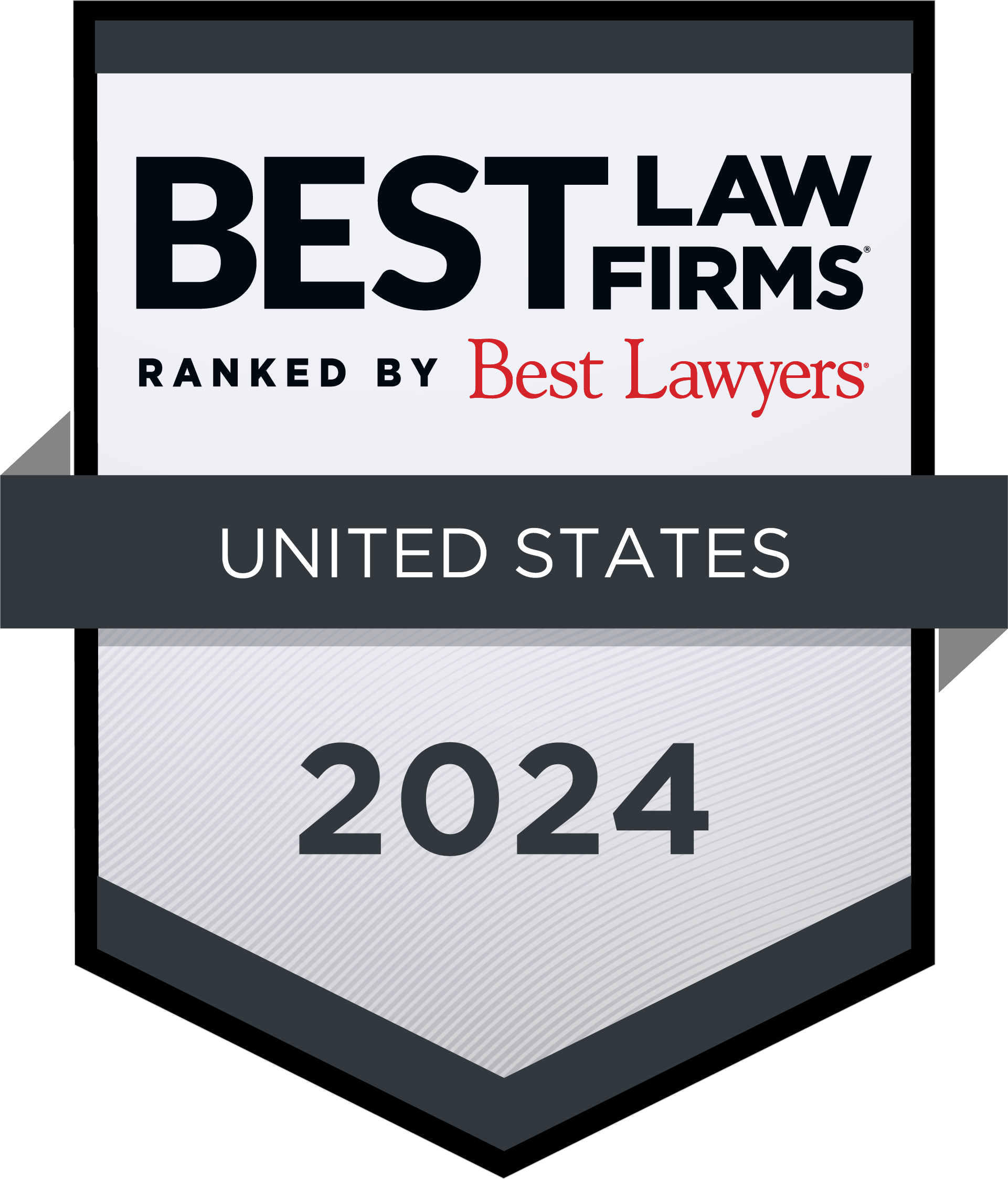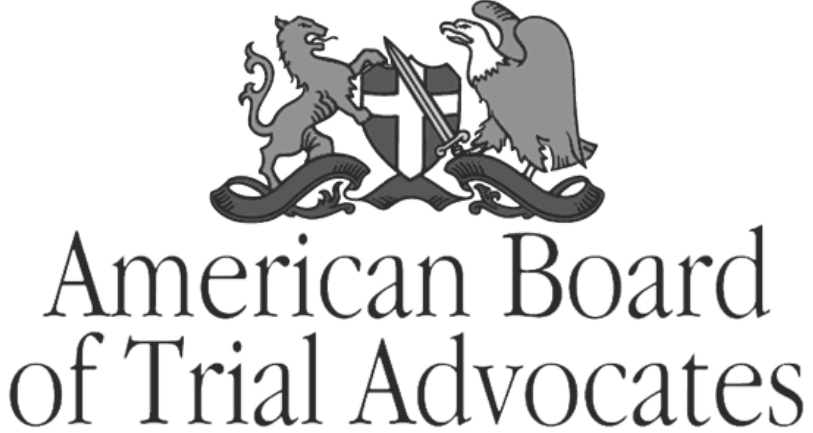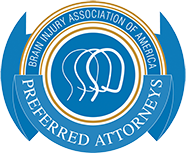Accidents and Injuries at Virginia Hotels
Every year, thousands of people arrive in Virginia and stay at hotels whether in Virginia Beach, Hampton or Colonial Williamsburg. They expect to have a good time but, on occasions, accidents and injuries occur at Virginia hotels.
Visitors are not always aware that hotels, resorts or bed and breakfasts owe them a duty of care. If a hotel visitor is injured due to no fault of their own a hotel may be held liable.
People who are hurt at hotels or other lodgings should consider talking to a premises liability lawyer at the Smith Law Center.
Types of Injuries at Virginia Hotels, Resorts, and Motels
Although hotel guests have a right to expect a safe environment when they are away from home, there are many things that can go wrong at hotels. They include:
- Slip and fall accidents on polished floors of hotels and motels
- Swimming pool accidents and drownings
- Electric shocks from appliances in rooms
- Falling window dressings or furniture
- Falls from defective hotel balconies
- Injuries from fires at hotels and motels started due to negligence
- Elevator or escalator accidents
- Food poisoning and other infections
- Bed bug bites
The Legal Duty Owed by Hotels, Resorts and Motels to Guests
Businesses in Virginia Beach, Hampton, Richmond or elsewhere invite you to stay at their establishments as a guest. The law considers you an invitee. Hotels, motels and resorts owe you a higher duty of care than someone who arrives to do business or a trespasser.
Under Virginia law, a hotel is defined as “any place offering to the public for compensation transitory lodging or sleeping accommodations, overnight or otherwise, including but not limited to facilities known by varying nomenclatures or designations as hotels, motels, travel lodges, tourist homes, or hostels.”
A hotel has a legal duty to exercise reasonable care to maintain the premises in a reasonably safe condition. The duty extends to warning guests of any hidden dangers that are not obvious like slip hazards on floors or on stairs. When floor cleaning is taking place, a hotel should place signs warning guests of a slippery area.
The duty does not extend to warning of dangers that are obvious or reasonably apparent.
Hotel management must have been given notice of an unsafe condition. However, this will include instances in which a condition existed for long enough for a hotel to discover it in the exercise of ordinary care. If a balcony was unstable over a period of time, the hotel owners and managers will likely not be able to successfully argue they were unaware of the hazard because they should have known about it.
Hotels, motels and resorts have a duty to maintain stairways and elevators in a safe condition and to provide adequate lighting, security, locks and to control infestations.
Hotels are also responsible for their employees and for screening them before they are hired. Under Virginia law, a hotel owner must “exercise due care and diligence in providing honest and competent employees and to take reasonable precautions to protect the persons and property of the guests of the hotel.”
This duty extends to training. If a hotel employs a lifeguard at a pool, he or she must be able to swim and be trained to perform CPR procedures. Staff in a fitness room must know how to safely operate equipment.
Although hotels are responsible for providing a secure environment, they are not typically responsible for warning or protecting guests against criminal acts by third parties, except under limited circumstances.
What Action Should You Take After Accidents and Injuries at Virginia Hotels?
If you are hurt at a Virginia hotel, it’s important to act fast. Hotels may seek to conceal evidence of their negligence to cover their backs.
1. Receive prompt medical treatment
Obtain medical treatment as soon as possible. Delaying may worsen your condition or lead a hotel to claim your condition was not as serious as you claim.
2. Get photos of the scene
Unlike after a car crash with injuries, you cannot assume a police report will be made after a hotel accident. The police will, however, attend serious accidents at hotels and you should call 911 if you are seriously injured. It’s important for the victim to document the scene by taking pictures. If you slip on a wet floor, document it before the hotel management clean up the spill. Take a picture or a video of a rickety railing.
3. Take Down Names
Get names and contact details of any witnesses to the accident including guests and hotel employees. It may be impossible to track them down later on. If you are not too seriously injured, film video testimony on your phone.
4. Save physical evidence
Save any physical evidence related to an accident like clothing and shoes that may be relevant in a slip-and-fall accident.
5. Make a Formal Report
Make a formal report to hotel management detailing the accident. Do not sign anything describing the facts or circumstances of the accident. Give only factual details about the location and time of a Virginia hotel accident or injury.
6. Talk to a Virginia injury lawyer
Premises liability cases can be tough to fight. A Virginia injury lawyer will help you secure key evidence such as video evidence from the hotel’s cameras to support your case.
Talk to a Virginia Hotel Injury Lawyer
People who are injured at hotels, hostels, resorts or other establishments often face a dilemma about whether to talk to an attorney or deal directly with an insurance company.
If your injuries were serious, you should talk to a lawyer. A Virginia hotel injury lawyer will offer a free consultation so there is no upfront charge. The attorney will only be paid after a successful settlement or trial verdict. The attorney will take over dealing with the insurance company.
If you talk to the hotel’s insurance company adjuster, you are likely to receive an initial offer that is less than you are entitled to. Be cautious about settling as soon as possible. You should not sign any statements about your accident or injuries. Tell an adjuster, you will be talking to an attorney who will be in touch if you are pressurized.
If you are from out of state, you will need to talk to an attorney licensed in the state where the accident happened.
The Smith Law Center has achieved results of up to $60 million for trials as well as the largest slip-and-fall verdict in Virginia history. Call us today at (757) 244-7000.











